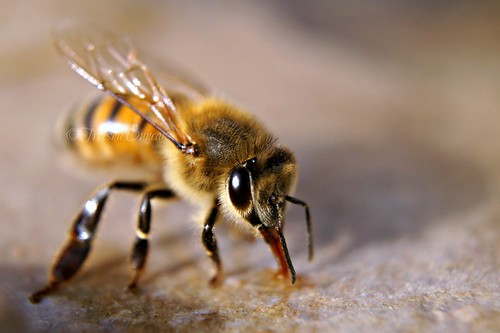
Bee colonies are comprised of several different “bee occupations” if you will. The queen bee's, we all know well, sole occupation is to create more bees. Worker bees, well, work by collecting pollen from flowers and maintaining the hives perfect temperature control, among other things. Of course there is the drone bee and my favorite- the scout bee.
The scout bee’s primary job is, when the time is right, to spend their time exploring cracks in the roof, tree branches, and mountain nooks to find the perfect place to relocate their hive. Scout bees start their lives as forgers, or worker bees, destined for finding, collecting, and maintaining group harmony. Somewhere along the way of their short little lives, scout bees change their flight path from forager to finder and become a scout bee.
But how does one bee out of the masses of worker bees become a scout bee? Well, scientists have recently identified changes in brain chemistry that can “turn on” the adventure in non-scout bees. Indicating that while scouts require certain hive circumstances (mainly a queen without a home and a hive that isn’t too hungry) to initiate their scout instinct, they are somewhat genetically, or at least neurochemically predispositioned to seek out new terrain.
Brains of Bee Scouts, The New York Times
Honeybee Democracy, Thomas D. Seeley

No comments:
Post a Comment